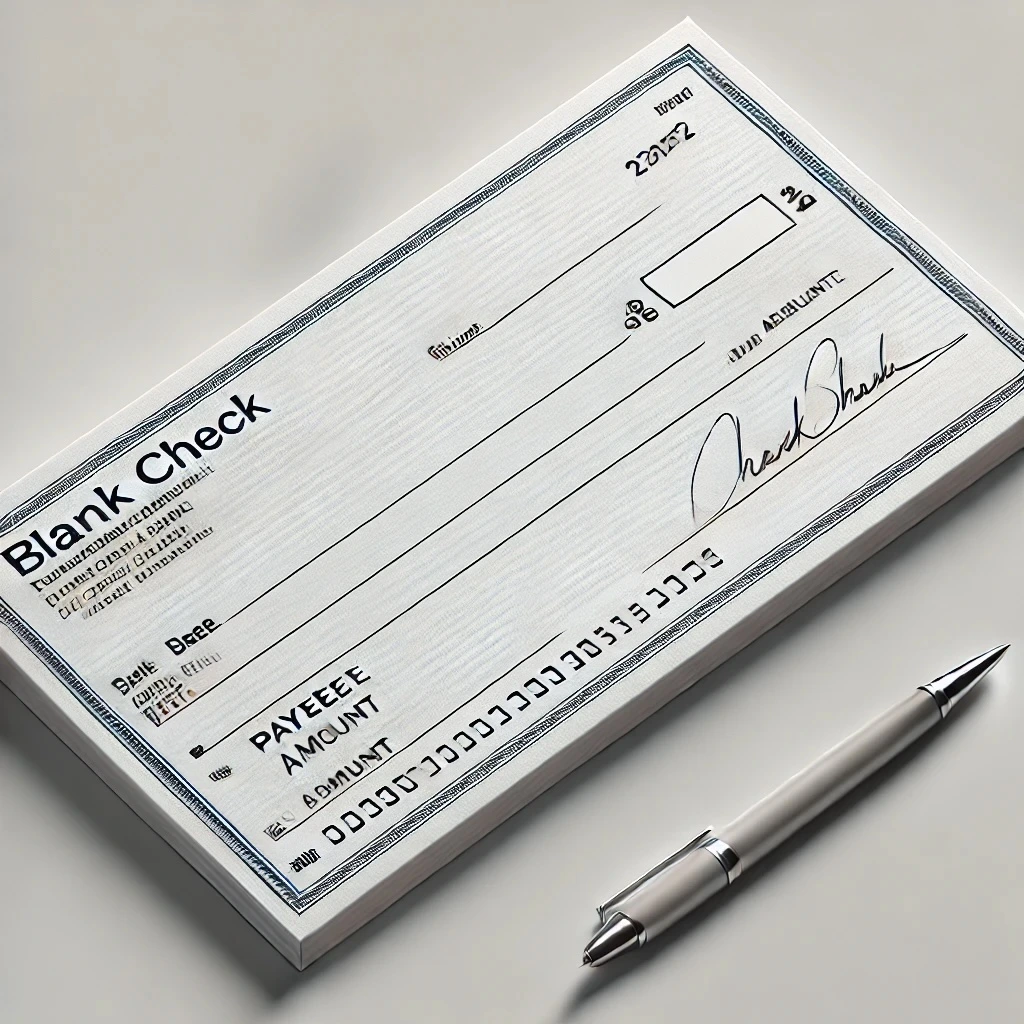Mandatory Direct Deposit For Workers’ Comp in PA
Pennsylvania Workers’ Compensation Update: New Law Affecting Workers’ Compensation Payment Procedures
Governor Josh Shapiro recently signed Senate Bill 1232 into law. This bill makes key changes to PA’s workers’ compensation system, targeting payment methods for workers’ comp benefits.
This law mandates direct deposit as the default payment method. It aims to streamline payment access for injured workers and improve efficiency in distributing funds. Let’s discuss what employers, insurance carriers, and injured workers need to know.

Key Highlights
Direct Deposit Becomes The Default Payment Method
Insurance carriers will pay all workers’ compensation benefits through direct deposit unless an injured worker specifically requests paper checks. This shift hopes to lessen payment delays with mailing checks. It also aims to make access to funds easier for those with work-related injuries or occupational diseases. By moving to electronic payments, the system can reduce errors and improve payment reliability for workers’ compensation claims.
Universal Access Requirement
Insurance carriers and self-insured employers must provide a direct deposit option to all people receiving workers’ comp benefits. This change simplifies the claims process. It helps provide timely and consistent access to wage loss benefits. It also helps to provide compensation for medical treatment and payments for medical expenses.
Employee Rights And Options: Opting Out of Direct Deposit
Workers who prefer payments by paper check retain the option to do so by telling their employer. This flexibility ensures access for all workers. Regardless of banking status, the new law offers an option for those with unique financial needs. For example, people without bank accounts.
Account Choice And Control
Injured workers can choose the bank account for their direct deposits and can make up to two account changes per year. This gives injured workers control over their workers’ comp benefits, adding a safeguard against fraud while enhancing flexibility.
New Obligations For Employers And Insurance Carriers
Timely Notifications
Employers and insurance carriers must inform employees when the direct deposit option becomes available or mandatory. They must give clear instructions on setting up direct deposit and submitting bank account information. This ensures accurate guidance for injured workers who rely on these payments.
One-Year Transition Period
Employers and insurers have a one-year period to implement direct deposit as an option. This period gives employers and insurance carriers time to update their systems and educate employees on the new procedures.
Error Management Protocols
Protocols address payment errors that arise. Employers hold no liability if the employee provides incorrect account information that causes an error. But, they must take reasonable measures to recover and reissue misdirected funds promptly.
This maintains a reliable payment system, ensuring that injured workers do not face disruptions in their benefits. This support helps those managing medical expenses or long-term recovery needs.

Previous Payment Procedures
Challenges With Paper Check Payments
Paper checks served as the standard for workers’ compensation payments. Workers often faced delays due to postal service issues or mailing errors. This could greatly impact the people relying on these funds.
Address changes, lost checks, and late payments often caused issues. These issues could be challenging for injured workers who rely on these payments. Delay with any source of income can easily affect overall financial stability.
Benefits Of Direct Deposit
Direct deposit resolves many of these issues by providing a secure, electronic method that ensures faster access to benefits. Injured workers can receive their compensation without delays. They no longer need to worry about lost checks in the mail.
This direct payment system enhances tracking and minimizes risks. Insurance carriers can process payments more efficiently, minimizing errors and delays. This matters greatly to injured workers, especially before they return to work.
Steps For Employers
Payroll System Updates
Employers must update their payroll systems. They must comply with the requirements set by the Department of Labor & Industry and the Bureau of Workers’ Compensation.
They must prepare to handle direct deposit. This includes setting up all software and processes for the new direct payment standard. They must coordinate with insurance company systems to avoid delays in disbursements.
Employee Education And Support
Employers should offer guidance to employees with direct deposit. They should provide resources, such as step-by-step instructions or informational sessions. This will provide a smoother transition for workers as they adjust to the new system.
Compliance Deadlines
Employers must track all deadlines and requirements under the Workers’ Compensation Act to avoid penalties. Employers must meet the deadline to offer direct deposit to all employees to comply with labor and industry regulations.
Steps For Injured Workers
Consider Direct Deposit Benefits
Direct deposit offers faster and more secure access to workers’ comp benefits. Injured workers may find direct deposit an easier option for prompt payments.
Exercise Your Right To Paper Checks If Needed
Workers who prefer paper checks should make their employer aware early. This ensures that they avoid any interruptions in receiving comp benefits. Workers who receive other benefits, like social security, may want to coordinate payments.
Double-Check Account Details
Workers must provide accurate bank account information to prevent payment delays. Injured workers should double-check all information before giving it to their employer. This avoids disruptions in receiving workers’ comp benefits.
Wrap Up
With the new direct deposit mandate, both employees and employers must understand and prepare for the transition. By adopting direct deposit as the primary payment method, PA aims to modernize its workers’ comp system. They hope to ensure faster and more reliable access to funds for injured workers.
Employers and insurance carriers will play a crucial role. They must ensure that injured workers can receive their compensation securely and on time.
If you need help with your workers’ compensation claim, give our offices a call 24/7 at (215) 609-4183. We can help you ensure your average weekly wage and compensation rate are correct and get you the benefits you deserve.




